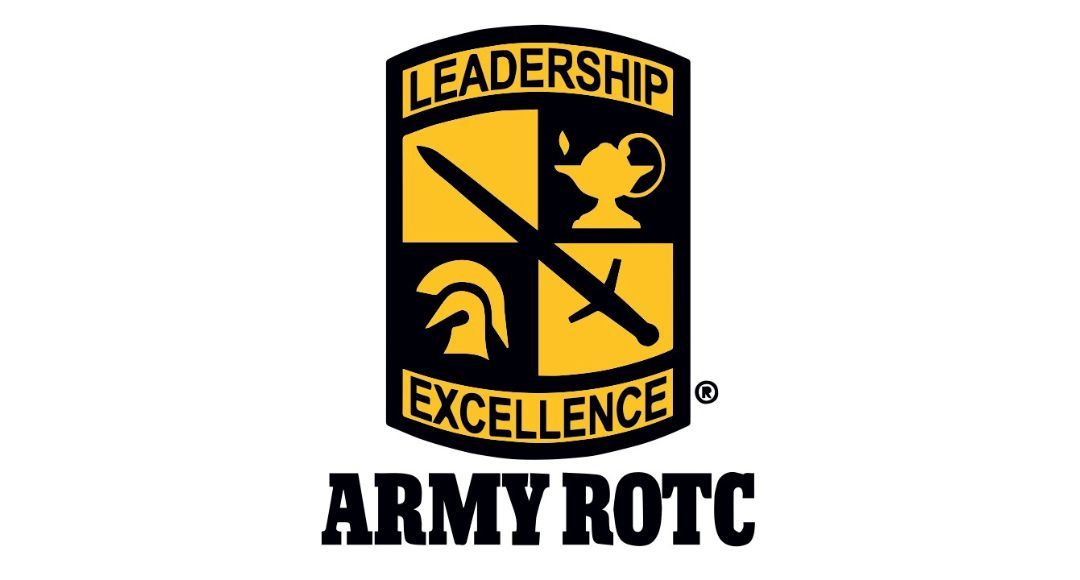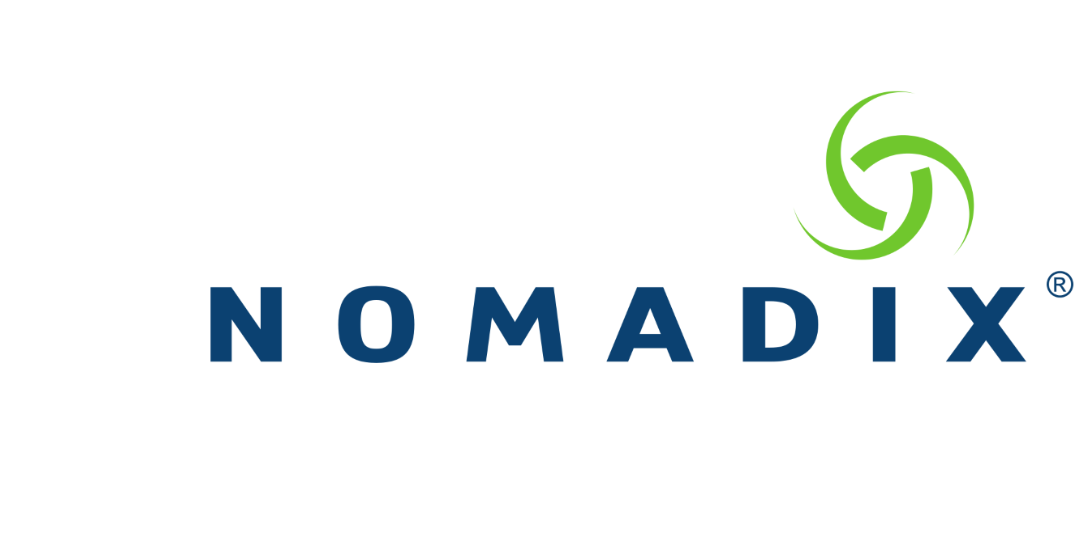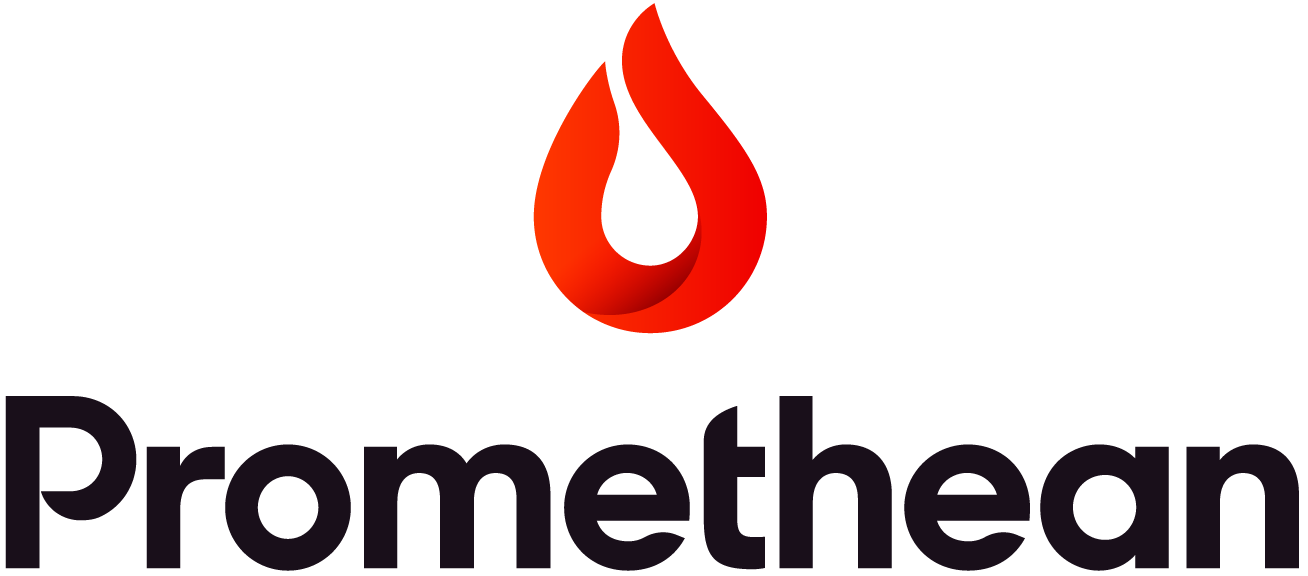How AI is Enhancing District Leadership & Development
)
As AI-powered tools and approaches gain traction in classrooms nationwide, many K-12 educators and administrators are pursuing cutting-edge knowledge and credentials to harness the full potential of artificial intelligence in teaching and learning.
Several innovative professional development programs now cater specifically to this need, fostering their responsible use of AI, enhancing digital literacy, and equipping leaders to navigate the ethical complexities of its role in education.
Let’s break down a few of the top AI-driven professional development programs out there today, to help you adapt to our ever-changing educational landscape.
Micro-Credentialing and Modular AI Training
One of the most notable shifts in professional development for K12 educators is the increased focus on micro-credentialing.
Micro-credentials break down learning into specific skills or competencies, allowing educators to develop targeted expertise in shorter periods, often at a self-guided pace.
Programs like Digital Promise’s micro-credential platform offer educators the flexibility to pursue training in areas like AI integration, machine learning basics, and ethical AI usage in classrooms.
Since AI in education spans various subfields – from adaptive learning to predictive analytics – modular micro-credential programs allow educators to dive deeply into AI aspects that most align with their classroom needs and district goals.

AI-Supported Personalized Learning Pathways
A major focus of AI-driven professional development is creating personalized learning pathways for educators, similar to the adaptive learning systems already being implemented for students.
Platforms like Coursera and edX, which offer courses from renowned universities, are now incorporating AI to suggest content based on prior learning experiences, progress, and individual strengths.
Through Coursera’s AI-powered recommendations, educators interested in advancing their AI knowledge can receive tailored course suggestions from leading institutions like Stanford University or the University of Michigan, ensuring that each step is relevant and builds on their existing knowledge base.
AI Workshops and Boot Camps
Hands-on workshops and boot camps focused on practical AI skills are emerging as popular professional development options, offering a mix of case study exploration and real-time problem-solving. For instance, the Generative AI for Educators course by Google provides a two-hour, self-paced learning experience designed to help teachers integrate AI into their teaching practices. This program offers hands-on experience with generative AI tools, enabling educators to apply new skills directly in their classrooms.
Additionally, the AI Bootcamp for Educators by Microsoft Learn for Educators (MSLE) trains faculty on delivering AI-related courses, such as the AI-900: Microsoft Azure AI Fundamentals. This bootcamp includes an overview of the MSLE program, teaching resources, and guidance on curriculum integration, aiming to empower students with the skills needed in an AI-driven job market.
These programs are developed in collaboration with experts in technology and pedagogy, ensuring a balanced approach that emphasizes practical application and student-centered design.
AI Ethics and Digital Citizenship Training
As AI becomes more embedded in school systems, the need for ethical guidelines and responsible AI use is a top priority.
Many leadership development programs are incorporating AI ethics and digital citizenship components to prepare educators for the nuanced decisions that come with AI integration.
The AI4K12 Initiative, a collaboration between ISTE and the Association for the Advancement of Artificial Intelligence (AAAI), offers workshops and resources specifically focused on these themes.
This initiative empowers educators to address ethical issues like data privacy, algorithmic bias, and the responsible use of AI tools, equipping them with resources to foster ethical awareness in students.
The AI + Ethics in K-lum by OpenAI and TeachAI is another potential avenue to explore, offering modules that guide educators in balancing AI’s benefits with ethical considerations, a critical skill in today’s AI-integrated educational environment.

Collaborations with Industry Leaders for Real-World Exposure
Collaborative partnerships between tech companies and educational institutions are shaping the professional development landscape, enabling educators to learn from real-world AI applications in various industries.
Microsoft’s AI Business School for Education partners with districts to provide customized training based on Microsoft’s own AI tools and platforms. This initiative includes modules on AI fundamentals, leadership strategies, and AI ethics, all within the context of K-12 education. Educators gain insights into leveraging AI-driven analytics for improving school management, student engagement, and resource allocation, making this program an excellent option for K-12 administrators focused on strategic planning .
AI-Powered Learning Communities
Have you heard of edtech learning communities? This type of professional association is more than a social network like LinkedIn, and it’s focused on tech-driven learning trends, networking and collaboration specifically for K12 leaders.
Platforms like LearnPlatform and Participate now integrate AI to help educators discover relevant research, share best practices, and connect with peers.
These AI-driven professional learning communities foster an environment of continuous improvement by providing personalized, ongoing support, making skills development more relevant, collaborative and enjoyable.
Integrating AI in STEM-Focused Professional Development
STEM educators are often on the front lines of AI integration in the classroom, and many educator training programs have emerged to support these initiatives specifically.
The National Science Foundation’s AI Institutes provide various resources, including grants, workshops, and in-depth courses that help K12 STEM teachers integrate AI into their curricula.
The AI Institute for Engaged Learning, for example, collaborates with schools to create hands-on experiences using AI simulations in subjects like biology, math, and environmental science.
This approach not only enhances STEM educators’ understanding of AI but also demonstrates AI’s application across a broad spectrum of subject areas.
Moving Forward: Finding the Right Program for Your District’s Needs
For educators and district leaders, the rapid expansion of AI in K12 education brings both opportunities and challenges.
AI-powered professional development options are becoming increasingly accessible, flexible and personalized, providing K12 educators the support they need to thrive in a tech-driven educational landscape.
As we move into 2025 and beyond, districts are finding new ways to not only keep pace with edtech advancements, but also guide their schools toward meaningful, ethical, and impactful AI integration.
Join these FETC 2025 Roundtables for More Professional Development Insights
AI-Driven Inquiry: Transforming Student Engagement Through the Research Process
January 16, 2025
10:00 AM - 11:00 AM
EXPO HALL LEADERSHIP ROUND TABLES: BOOTH 3386
Strategies for AI Integration: Building Educator Capacity District-Wide
January 16, 2025
11:30 AM - 12:30 PM
EXPO HALL LEADERSHIP ROUND TABLES: BOOTH 3386
Launching Tomorrow’s Cyber Workforce
January 17, 2025
09:00 AM - 10:00 AM
EXPO HALL LEADERSHIP ROUND TABLES: BOOTH 3386
There’s Still Time to Register for FETC 2025!
Leap into the future of edtech and learning at the Future of Education Technology Conference, taking place January 14-17, 2025 at the Orange County Convention Center in Orlando, Florida. Early bird registration pricing ends Friday, December 13!











